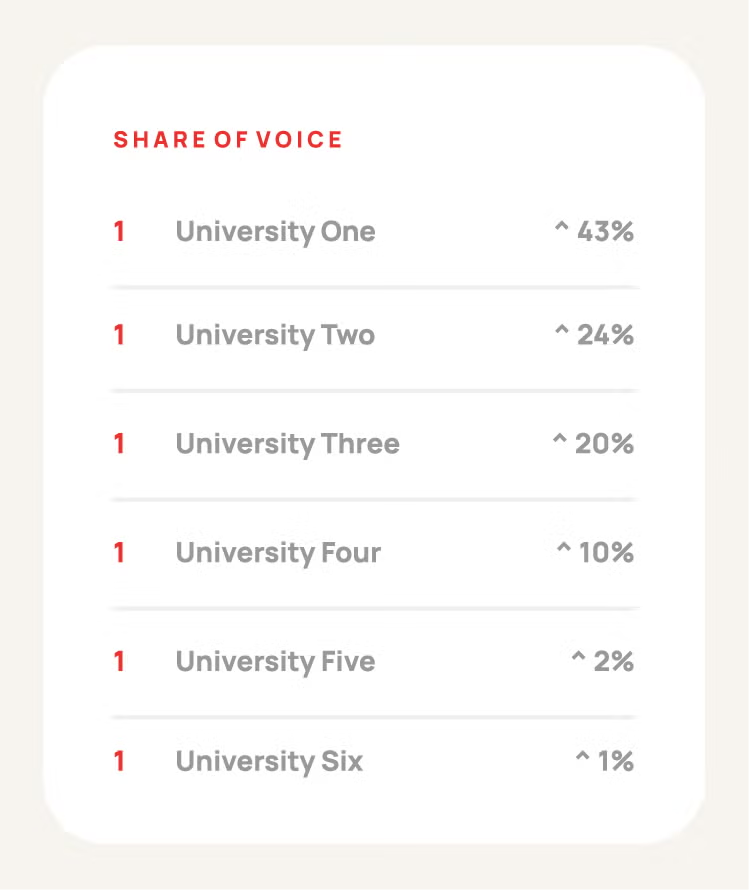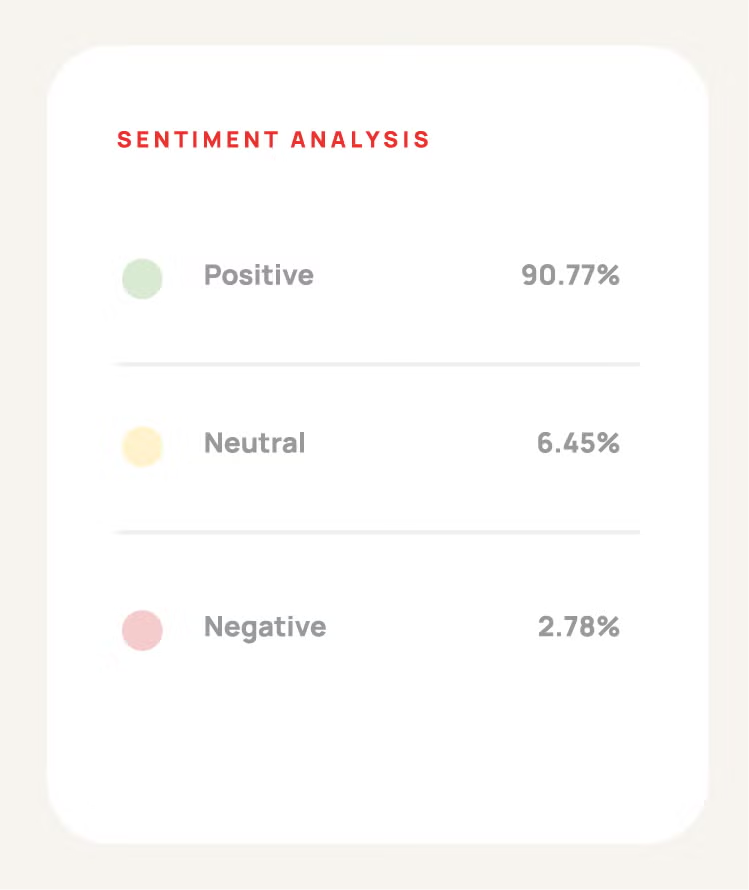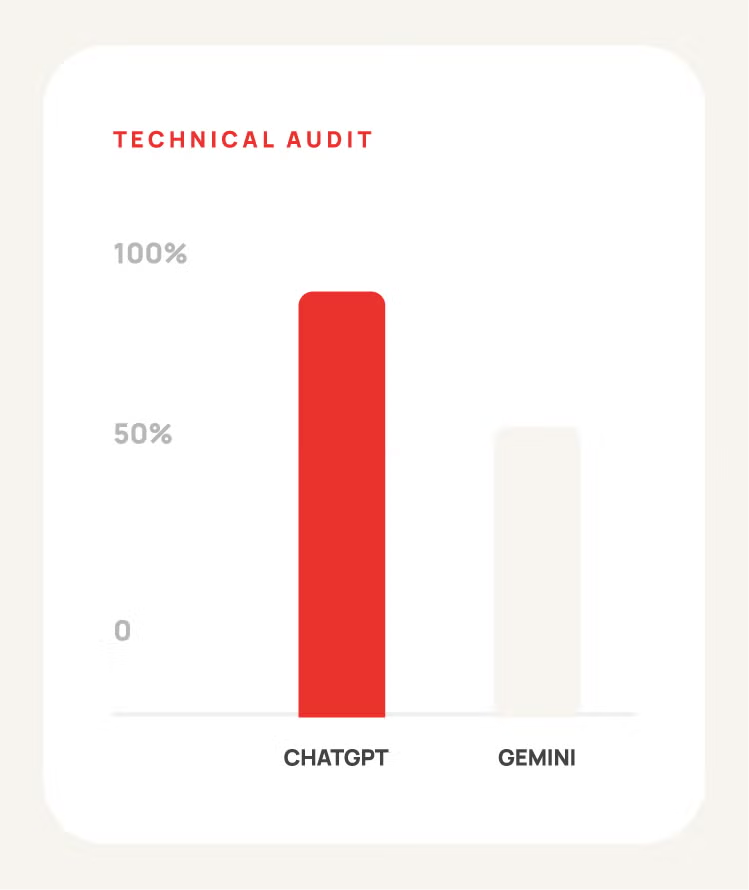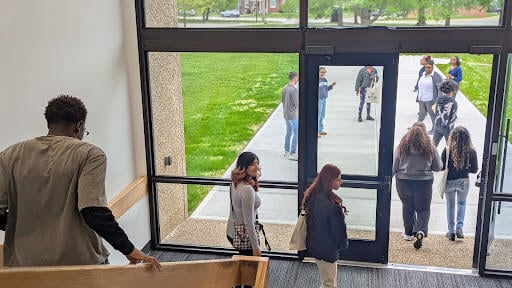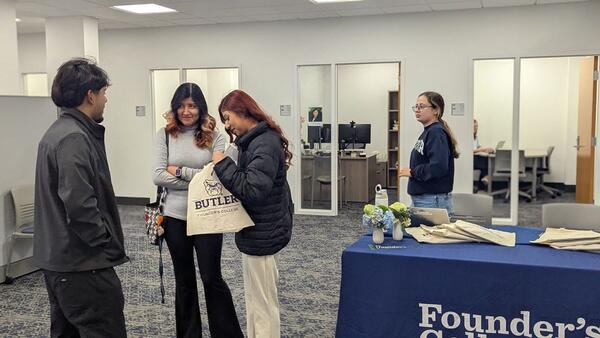So everyone is (still, after more than a decade) agreed that student loan fraud and poor quality provision is a huge mark against the practice of franchise provision.
Moreover, we’ve generally come to the conclusion that something needs to be done – and although an investigation will be helpful, that something needs to be fairly swift and concrete action.
Most people are assuming that this will take the form of a requirement to regulate franchise partners, via compulsory registration by the OfS, or some other regulatory change.
Didn’t we try something like that before?
The government is currently consulting on whether all institutions in England delivering higher education to more than 300 students should register, at some level, with the regulator.
This in itself is far from a new idea. When the Department for Education first consulted on what became the Office for Students regulatory framework, providers had the option to register in the “Registered basic” category – a third category that simply recognised that an institution was providing higher education in England.
This category will provide a degree of confidence for students that is not present in the current system with providers in the Registered basic category being able to let students and other bodies know that they are recognised by the OfS as offering higher education courses.
As registration in this category was intended to be optional there would need to have been a benefit to registration, and there would be no way of assuming that all England’s higher education provision was covered. On franchise arrangements in particular, the initial proposals suggested that:
the delivery provider [in a franchise arrangement] will not normally be required to register. If it chooses to register, the Registered basic category will normally be the most suitable category because the lead provider is responsible for compliance with all required registration conditions for the Approved and Approved (fee cap) categories.
For many in the sector responding to these ideas, these assumptions offered little to protect students or the system as a whole. In summarising the consultation responses, the government reported that
there were widespread calls for the Registered (basic) category to carry additional conditions to protect students’ interests, such as transparency, student protection plans, student transfer and electoral registration conditions. Respondents were concerned that students at those providers in the Registered (basic) category would be at risk of assuming greater protection than will be provided in that category
The combination of the limited oversight offered to those in the “Registered basic” category (which was configured pretty much as a list of people who had paid OfS £1,000), and the additional burden that that any more active requirement would place on smaller providers, meant that OfS concluded that:
we have decided to remove the Registered (basic) category from the published regulatory framework. The effect of this decision is to avoid misleading students about the protections available at Registered (basic) providers
But that wasn’t the end of it. OfS also noted (and this is worth setting out in full):
we recognise that unregulated providers will continue to operate, as they would have done even if the Registered (basic) category had been included (albeit, possibly, in lesser numbers). We are concerned with all students, not only those at registered providers, and remain committed to the policy intention set out in the regulatory framework consultation – to improve transparency and student protection at those higher education providers that are currently unregulated. We shall therefore give priority to developing our understanding of providers and students in the unregulated parts of the sector, to determine how we can most effectively have a role in protecting the interests of students at these providers
At the time, when franchise arrangements were considered at all by ministers, they were painted as an unnecessary rigmarole for exciting new entrants to the market. Speaking to Universities UK in 2015, then higher education minister Jo Johnson famously said:
Many of you validate degree courses at alternative providers. Many choose not to do so. I know some validation relationships work well, but the requirement for new providers to seek out a suitable validating body from amongst the pool of incumbents is quite frankly anti-competitive. It’s akin to Byron Burger having to ask permission of McDonald’s to open up a new restaurant.
So how’s all that going, then?
Byron Burger, of course, entered administration twice in three years. In contrast, the franchise model in higher education never looked short of cash or interest. The Office for Students never used its own “validation powers” (section 51 of the Higher Education and Research Act allowed the OfS to get involved in academic partnerships directly, as kind of a response to the argument that delivering courses on behalf of a competitor in order to enter the sector was anti-competitive). Instead, it commissioned the Open University to be (effectively) a validator of last resort for FE colleges on others seeking to enter the HE market (this arrangement is set to conclude in July 2025).
When the Higher Education Funding Council for England closed in March 2018, it directly funded 313 higher education providers, while having at least an awareness of 816 places in England where higher education was being delivered. The Office for Students currently has a funding and regulatory arrangement with 425 providers – for the current regulator, there is no regulation without funding. The impact assessment published alongside HERA implied that in 2024-25 there would be 631 in either the Approved or Approved (Fee Cap) registration category – postulating 1,131 institutions delivering higher education in England in total.
The postulated rush to register did not happen, even when DfE closed the old “specific course designation” route to regulated and funded provision for alternative providers in August 2019. As sector interest group Independent HE has documented, the Office for Student registration process was generally experienced as expensive and cumbersome: where providers have been actively seeking regulation and oversight, it has been very difficult to obtain. Indeed, when OfS faced pressure to get more actively involved in securing sector finances, it was able to unlock significant internal resources by “pausing” registration.
By closing the “specific course designation” route, and making full registration slow and difficult, OfS has incentivised smaller providers to enter the least regulated (and riskiest, for students and public funds) part of the higher education sector. If that constitutes “developing an understanding” of the unregulated part of the sector, one has to question what this “understanding” actually is.
The other end
The financial pressures currently engulfing the sector has encouraged many established providers to get involved in franchising arrangements – they get to keep a portion of the fee income related to students involved in such arrangements. In return, they are expected to provide oversight of quality and standards on courses leading to awards bearing their names, and handle all of the regulatory requirements relating to those students.
The numeric threshold approach to regulation (wherein a provider faces further investigation if the proportion of students continuing on their course, completing their course, and progressing into employment or further study, falls below a minimum) does mean that such provision is regulated, after a fashion. There is an open investigation on franchising at Leeds Trinity University, and we understand that current quality-related investigations are focused in part on franchise provision.
Where the Student Loans Company spots evidence of potential fraud (or when OfS is notified of a concern) usually but not always involving a franchise arrangement, both OfS and DfE may become involved in an investigation. A recent uptick in such cases has led OfS to set out expectations in more detail.
For these reasons most providers that franchise out provision are assiduous in ensuring what is being delivered is of a decent quality. However, the market incentives – at least in the short term – are stacked in the other direction. Some larger providers are increasingly reliant on income relating to students studying within franchise arrangements, and the demand for such relationships gives franchise providers the ability to shop around. Where an awarding organisation has attempted to impose more stringent quality requirements, there have been instances where the delivery partner has simply ended the partnership and entered a new relationship that offers less work and/or more cash.
What regulatory tools are actually workable?
So when something bad is identified, there’s always a subset of the population who think that there should be a law (or at least, regulation) to stop it happening. It’s an attractive idea, until you start to think about implementation. There are many trade offs.
Option one: ban all franchise provision
In other words, you would decree that unless you have degree awarding powers, you shouldn’t be delivering higher education. You would, in practice, have to ban all new recruitment to franchised courses and allow for some form of teach-out, unless you want to face a mass legal action. On a teach out, with no likelihood of any new students, the quality of provision would fall even further as providers withdraw funding and interest.
Meanwhile, a fair number of large providers rely on franchise income to make ends meet. So factor in the closure of a few universities – with further pressure on other providers to offer teach out – as that part of the sector slowly becomes unviable. Which would be a shame for all those students working hard at FE colleges (franchising pretty much started as a way to support FE colleges delivering HE in hard-to-reach areas), and at the quality and specialist end of franchise provision, and for on campus students at providers heavily involved in franchise provision.
To be clear – you may not value some of the providers involved, or some of the courses students are enrolled on. But if either disappeared you would need to come up with a way to look after the interests of the legitimate students involved.
Option two: selectively ban some franchise provision
Take all the drawbacks of option one, but also add in the difficulty of reliably and consistently distinguishing the kinds of provision you want to see supported in this way from that which you want rid of. You could use metric thresholds in a B3-esque way, you could attempt to do something clever with subject areas, or even base the ban directly on your suspicions of fraudulent activity. You’d have to be absolutely certain, mind – such decisions will almost certainly end up in court (you are dealing with a lot of higher education income, and it is unlikely you will get it dead right every time). Even something as straightforward as a subject area (“business studies”) is notoriously tricky to define when you get down to actual course content.
Option three: require all providers involved to register with OfS
Even assuming OfS has the capacity to quickly register a load of providers currently delivering franchise provision, there has to be a question as to how quickly and how well the regulator can then act where there is low quality provision. Back in 2024 we got a promise that the next round of OfS quality investigations would have a particular focus on franchise provision (from last time this story cropped up) – as yet we’ve not even seen reports, much less regulatory action.
It’s looks like this has been one of many casualties of the regulator, at the urging of the government, throwing as much effort as possible behind addressing the financial issues the sector has been facing (we’re also expecting findings from the investigation into the academic partners of Leeds Trinity University that kicked off more than a year ago)
Option 4: continue with tripartite enforcement
OfS, DfE, and SLC already work together (increasingly regularly) to act on evidence and information relating to student finance fraud. One approach to address the problems as reported – which encompass value for taxpayer funding in the wider sense of good quality provision as well as the more specific fraudulent and criminal examples – would be to continue to reinforce and prioritise this collaboration and data sharing. There have been some steps taken to ensure that OfS is gathering and using the appropriate data, and that the three organisations are able to work together in using regulatory or financial sanctions to deal with concerning situations.
However, this is what we are doing currently, and it would appear that the rate of success is not yet high enough. There were recommendations in the NAO report that cover stuff like risk management, drawing on evidence, and agreeing responsibilities: all of which are examples of basic stuff that is not being done consistently or well. That’s a worry.
Option 5: number controls
There is a case for number controls for franchised provision, linked to a regular (ideally cyclical rather than risk based) quality engagement. Where there is good and useful franchise provision we should be happy to let it expand, where there are even mild concerns we should be happy to constrain recruitment. And there is no way that the kind of rapid scale up of activity we’ve seen at some providers can be done without compromising quality – there should be an absolute proportional limit on expansion.
Last time this story did the rounds, Jim made a compelling case for a 25 per cent of total provision cap similar to that used by the ESFA to regulate franchise FE provision in 2020. There’s not a lot of the current HE sector that would be hit by such a rule, but there are a handful of prominent examples for whom a higher ratio is pretty much existential (yes, you could argue that such institutions may not be viable anyway, but how does that help students or the wider sector?). There would need to be a time delay on full implementation, and support and guidance for those that need to rapidly downsize existing operations. Again, you might need to consider teach out arrangements as well.
So where next?
If you’ve set up, as the government in England has over the last decade, a fairly open market for higher education provision based on students as consumers having enough information, you need to regulate in the interests of the consumer (in this case both the individual students and the taxpayer). It’s neither unexpected or unprecedented for schemes with incomplete safeguards and developing approaches to regulation to be at risk of fraud – and it is essential to be able to quickly identify and act where it is happening.
For me, the speedier collection and use of data around franchise provision – regarding the student experience, student outcomes, and the financial and operational approaches involved – is essential. There should be specific and regular data submission points for lead providers involved in franchise provision – this should be assessed quickly and action taken where there are causes for concern. OfS already has a notification system, which should be better promoted – it should also work with other bodies who collect information about the student experience. As much data as possible should be published: transparency is a valuable tool in avoiding murkier practices.
I’m not convinced of the benefit of a full regulatory relationship with franchise providers. OfS does need to know who they are and keep some records as to which delivery providers have been problematic in the past – but in terms of incentives it makes more sense to regulate the lead partner. And number controls, while far from universally popular, would help in this case.
You’ll note that none of this requires new legislation – we should take with a grain of salt the claim that OfS does not have the powers to act in these situations, it absolutely does. However the regulator may not have the capacity to act as quickly or as decisively as it may like – so there may need to be additional money available from DfE to build these capabilities.

